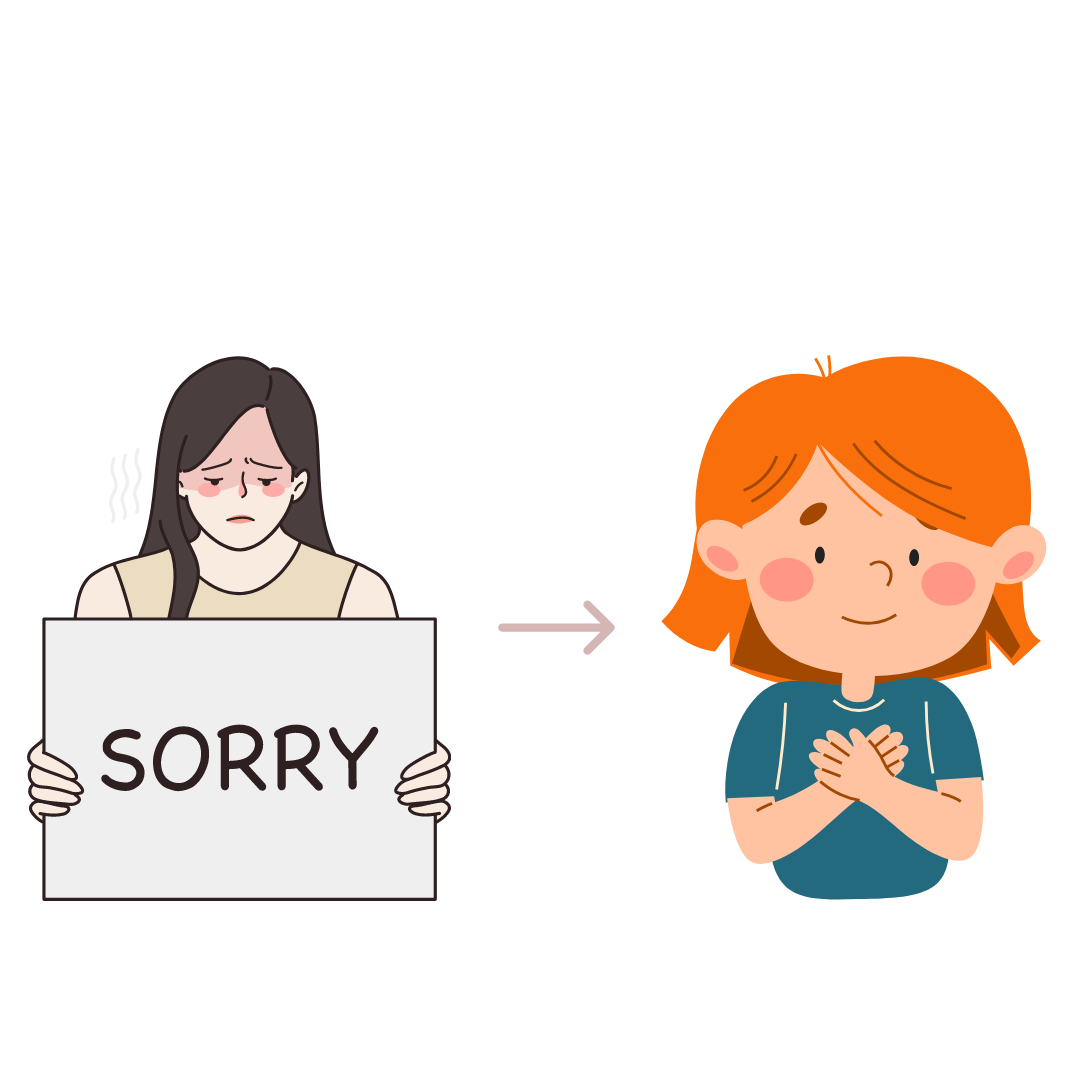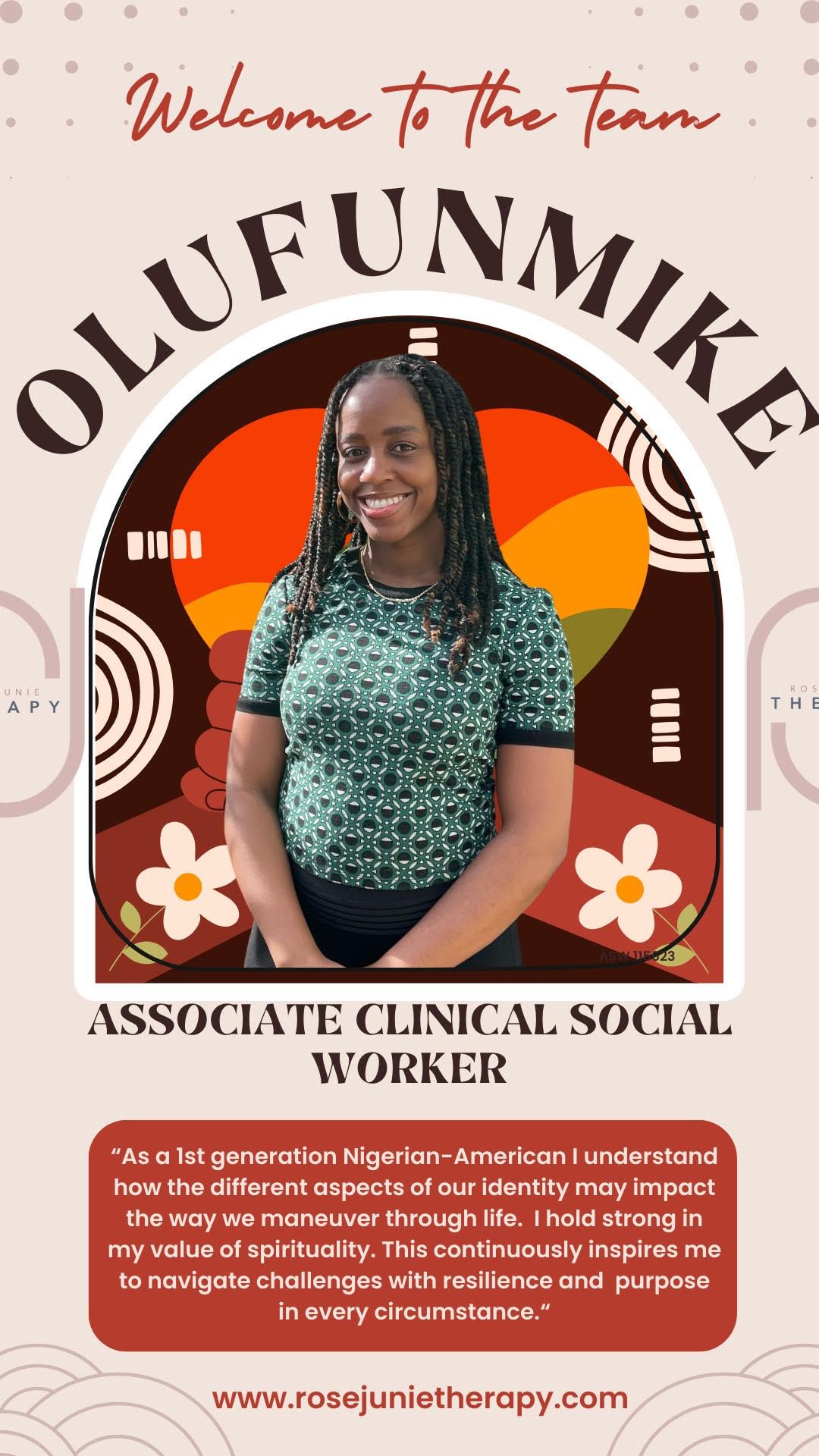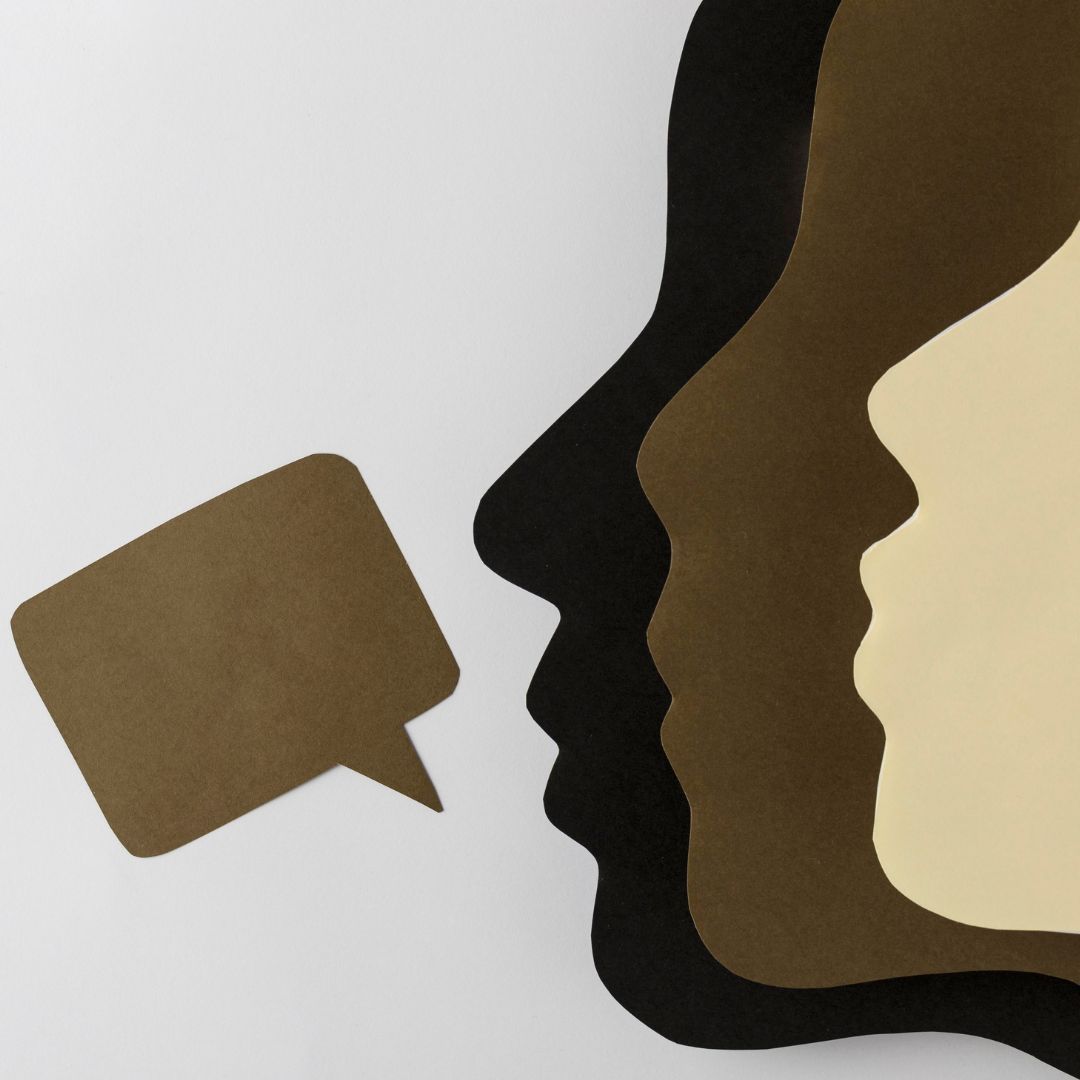Replacing “Sorry” with “Thank you’s”

Do you find yourself apologizing for every minor delay, honest mistake, or even an instance you had entirely no fault over?
While offering an apology is helpful in many cases, over-apologizing might instead propel our people-pleasing habits and negatively impact self-esteem. So why do we do it?
Some reasons we might over-apologize include:
- Misplaced guilt – Feeling responsible for something outside of our control and choice; or for someone else’s choices
- People-pleasing – Trying to manage others’ perceptions of self in order to receive their approval/acceptance
- Low self-esteem – Feeling like a burden for taking up too much space, being “difficult” or disruptive
Instead, try replacing
“I’m sorry for…” with
“Thank you for…” in order to:
1) release misplaced responsibility, 2) allow for others to experience natural consequences,
and 3) promote feelings of worthiness
For example:
Replace “I’m sorry I’m late!” with “Thank you for waiting”
Replace “I’m sorry I didn’t return your call/text!” with “Thank you for being patient with me”
Replace “I’m sorry that didn’t go as planned” with “Thank you for being understanding about unexpected changes”
Written by: Elaine Raif
Announcements

Dedicated to delivering culturally affirming care, Rose Junie Therapy is committed to fostering a therapeutic practice that embraces the diverse cultural backgrounds of our clinicians. As we expand our team, we prioritize individuals who share our commitment to inclusive and culturally sensitive therapeutic practice.It brings us great pride and excitement to introduce our newest team member, Olufunmike Sala!
Olufunmike is an associate social worker and a MSW graduate from Cal State Long Beach. Olufunmike has over 7 years of experience working with individuals and families and sees adolescents, individuals and couples at our practice.
A word from Olufunmike:
“Being a first-generation Nigerian-American, I appreciate the diverse influences that shape our identities. I’m dedicated to breaking generational patterns that may affect you consciously or subconsciously. With seven years of professional experience in crisis intervention for children and families, I understand the complexities of relationships and family dynamics. I specialize in working with couples, offering support and guidance to enhance communication, build intimacy, and navigate the challenges that relationships often entail.”
Olufunmike can help with:
Chronic Relationship Concerns
Trauma Recovery
Infidelity and rebuilding
Self esteem & Self Worth Concerns
Adolescent challenges
For more info about Olufunmike and to join her current wait list please reach out to us below.



COMPANY
SERVICES
CONTACT
